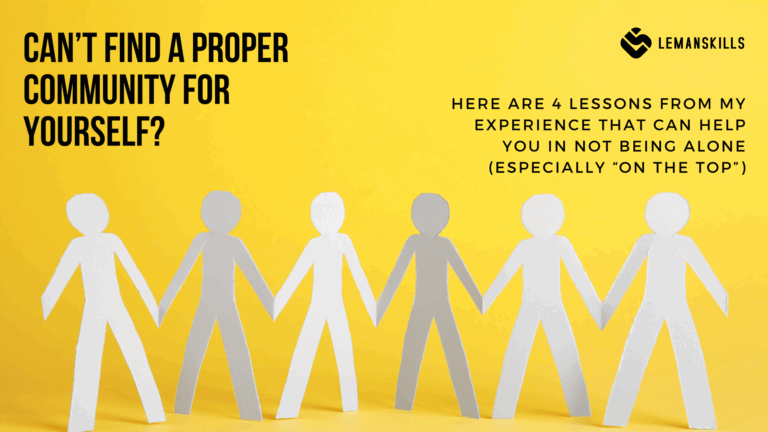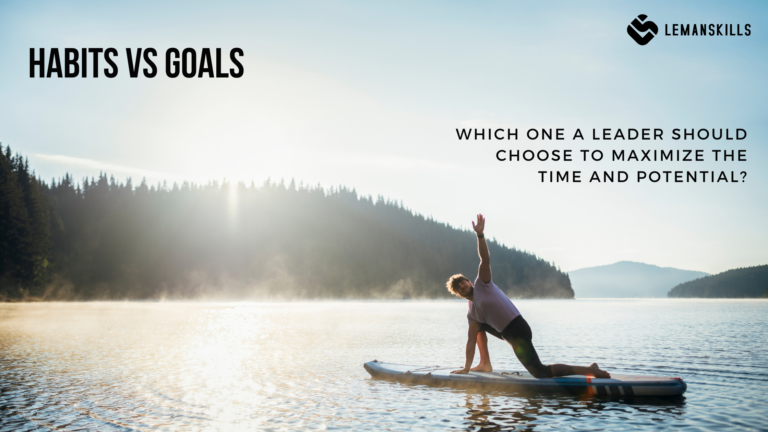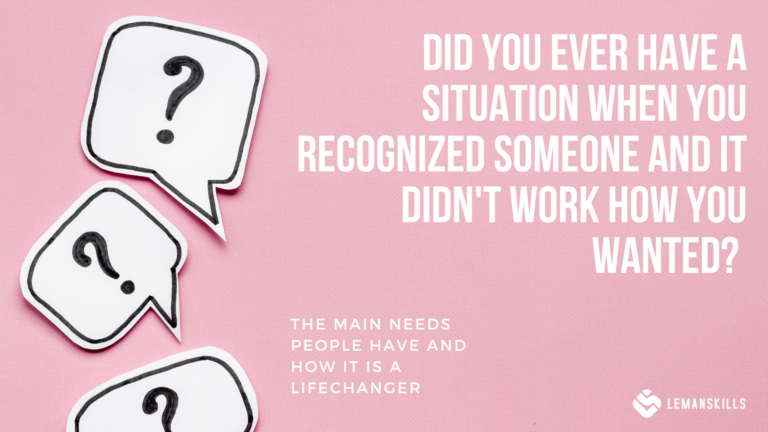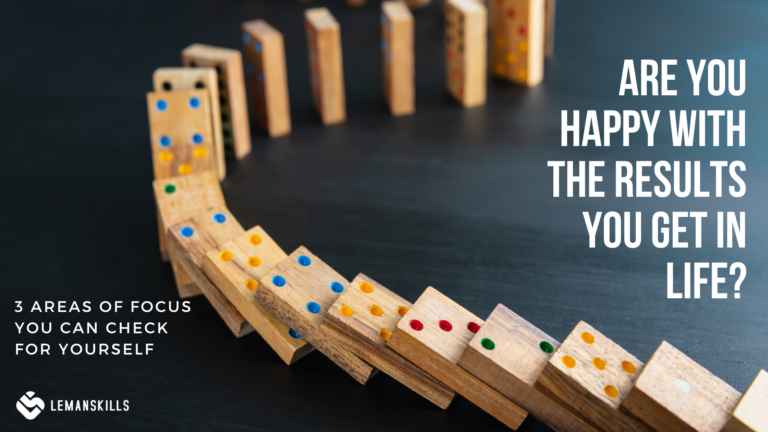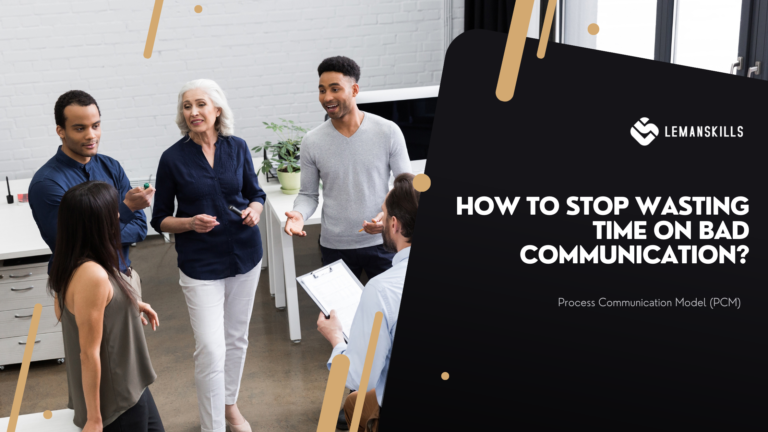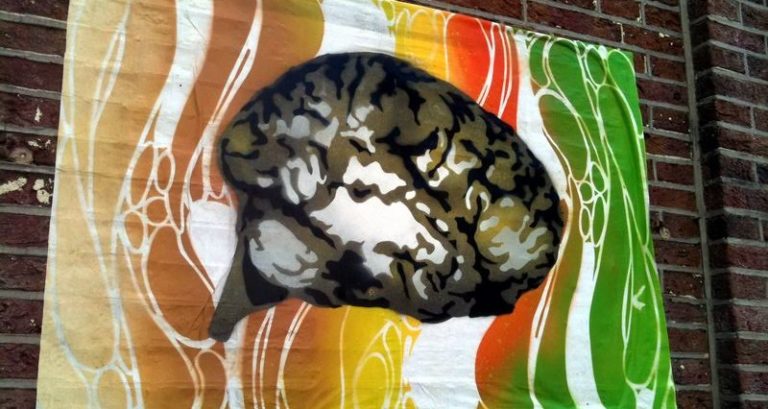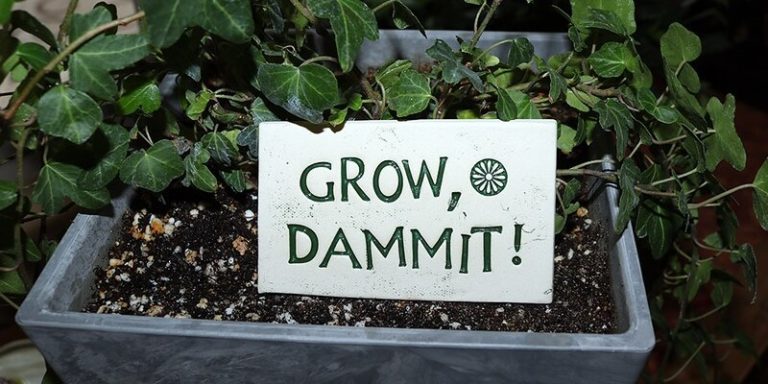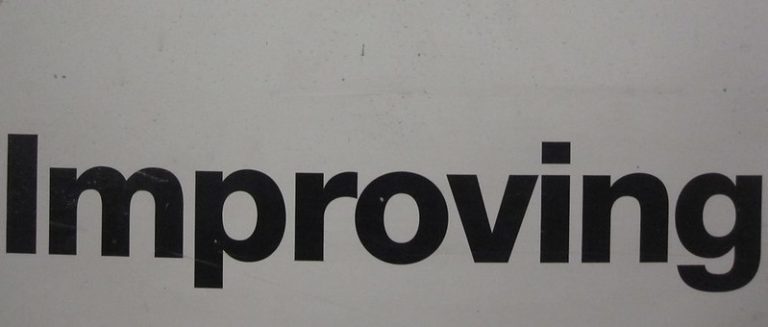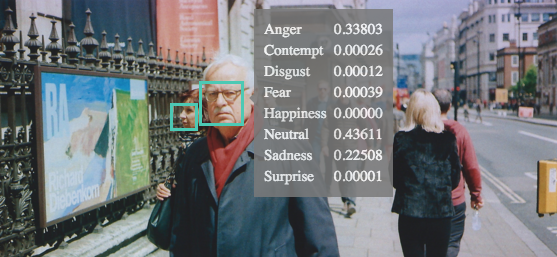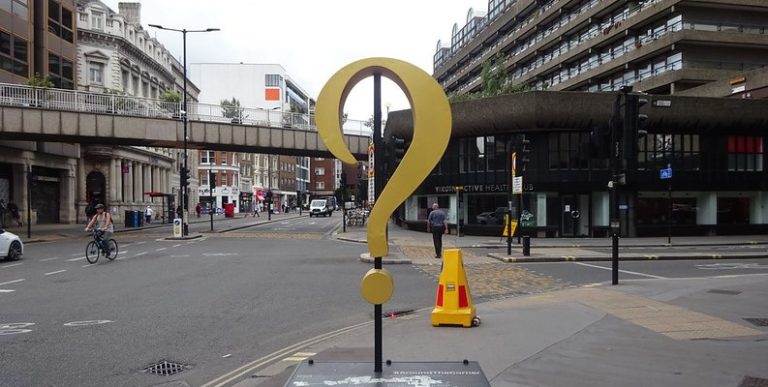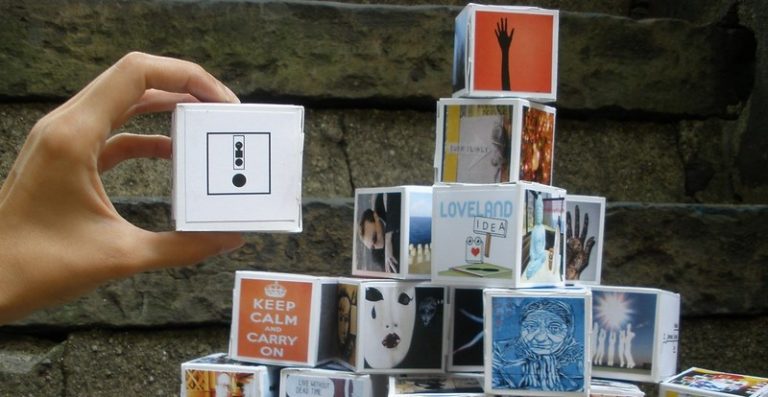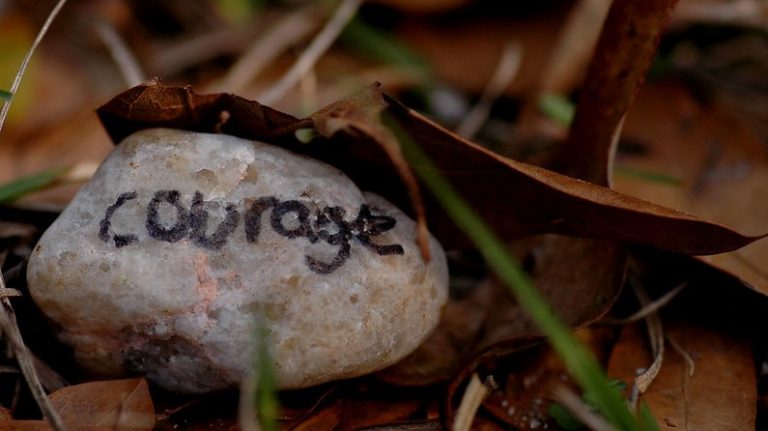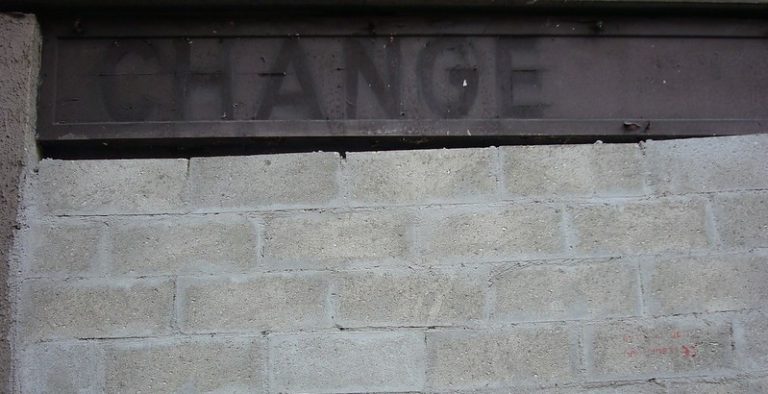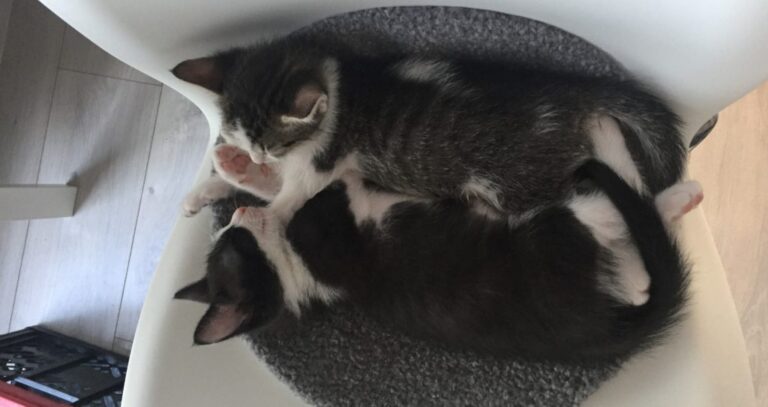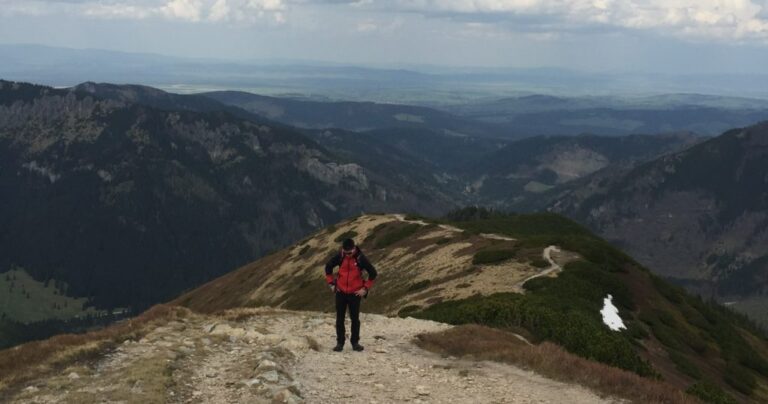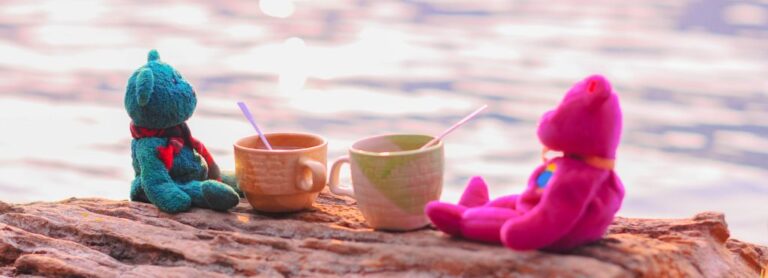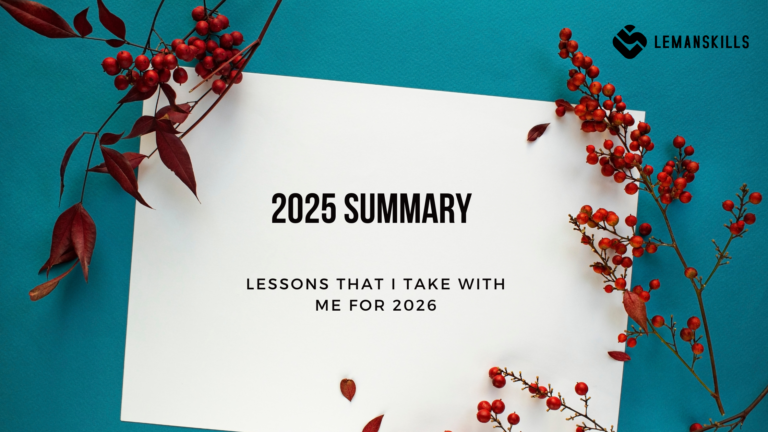
2025 Lessons That I Take With Me for 2026
I would never say that I’m going to be that person, but this year it seems proper. I’d like to share with you my biggest lessons, gleaned from various aspects of my life. Because we can talk a lot, but the actions are what make the whole talking meaningful. That’s why I’ve decided to share what I’ve learned this year, so you can get inspired, see how my brain works, and maybe make some plans for yourself for 2026 using this sparkle. 2x Business Takes Time and Effort It was a year of hustle. Saying goodbye to safe options, making bold decisions about ending some partnerships, and going all in on who I really want to be as a Founder and Leader. Those decisions are never easy, but I’ve learned that if I want to go into the next level, I need to be scared but do it anyway. To mitigate risks, be smart, but take massive action. Building a business from scratch is never easy. Even if you do it for the 10th time, there’s always something that’s not going to look the way you planned. Not to mention when you do it for the first time ever. But I’ve discovered that consistency, moving forward, even if it’s one small step a day, is making the difference. 2026 is going to be a year of further progress. Because 10x is easier than 2x. Hosting a Podcast is my Thing This week, Leman Tech Leadership Podcast celebrated episode number 121. 2 episodes per week, 52 weeks of the year. Amazing guests from all around the world are joining me to have a conversation around leadership in technology, startups, and Founder’s struggles, building teams, fighting burnout, and many more. Last year was a year of starting it; 2025 was a year of staying consistent. 2026 is going to be a year of scaling it, so more people can use what we create. It is demanding, it requires scheduling, matching calendars, time zones, and doing research about the guests and solo content. I want to give as much value as possible every time I start recording, so I need to be mindful about the process all the time. But it’s totally worth it, and as long as people are listening, I’m going to continue recording. Writing a Book is Not THAT Hard I’ve struggled with starting to write a book for years. There was always something else to do, more important, more urgent. Moving from 9-5 through hybrid, to full-time entrepreneur, building a business from scratch, learning completely new skills I’ve never needed before, like sales, marketing, or social media strategy. But the second half of the year taught me that it will never be less busy; I just need to make a schedule, book the time, and do it. Don’t negotiate with myself. 2025 was a year of starting to write, and 2026 will be to publish it. Being an author is going to be a new part of my identity that already started growing in me, because the writing process… Is not that hard for me. I sit in front of my computer, I put on headphones that reduce ambient noise, and I just write. It’s also a lesson: People think that things are hard, sometimes impossible, or out of reach. But the truth is that many of them are hard only in our brain, which tries to protect us; when we start doing it, it turns out that it’s not THAT hard. We might even be mad at ourselves that we didn’t do it sooner. But hey, no regrets; only lessons. Obsession About Health is a Good One Ever since my MS diagnosis almost 7 years ago, I’ve become more conscious about my health choices. But this year was on steroids: Prioritising movement (6 workouts/week), moving into the next level as a hiker (finishing Korona Gór Polski and doing my first long-trail event [45 km in less than 16 hours]). Tracking my food habits, transforming some of them, and some are still in progress for 2026. But almost half of my MS brain changes are gone, so… I guess it’s worth the effort. Am I a little bit obsessive about my waking up / going to bed time or food choices? Maybe. Do I regret not eating late with my friends or watching TV so I can catch up on the endless shows that are on my Netflix list? Not at all. The lesson is that everything is a choice. And what I do with my time, health, and energy is the most important choice of all. No drama. Keeping Boundaries is not Selfish When you build something from scratch, you need to be very mindful of where and with whom you spend your time. What serves you and what robs you of the energy you need to push forward? 2025 was a year of keeping my boundaries where they should be, even if people around me weren’t happy about it. Getting up and going to bed early. Cutting the relationships with people and clients that are energy vampires (yes, you can fire a client and survive). Eating what serves me and not getting others’ into my brain with: “Ooooh, it’s just one time, how harmful can it be?” Not negotiating with myself: When I have something in the calendar (like “Book time” for writing), I cut the distractions and sit to write. Even if I have 10 different things I should take care of. Learning how to keep boundaries with myself was a lesson of the year. I plan to do it even more in 2026. Travelling is Freedom For me, travelling is freedom. Whether it’s about work or pure private trips, when I get on the plane, I feel like I can breathe again. 2026 is going to be even more abundant with it: Q1 is for Portugal and New Zealand (first APAC stage!), Q2 for a 3-week US trip, and then… Who knows! What makes you feeling free?

